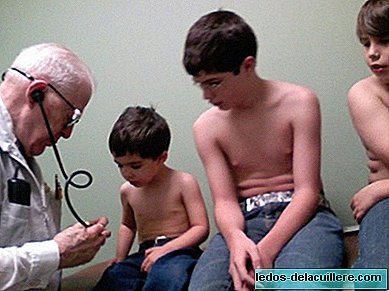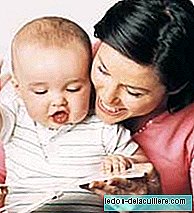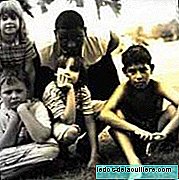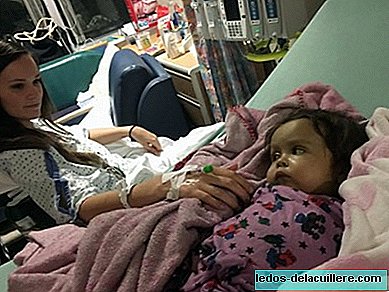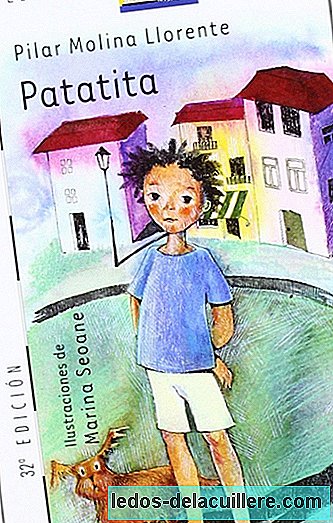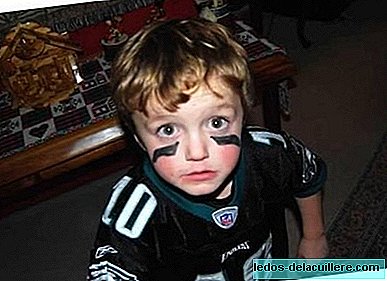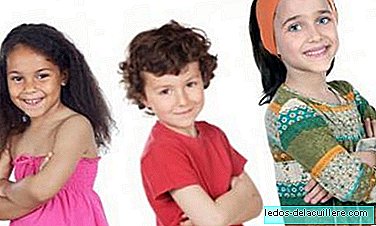
We have all said or heard on occasion that "children are the future." From an early age we educate them, we school them and we are aware of their growth and their behavior so that tomorrow they are the relief of today's adults.
However, and I think you will agree with me, learnings are consolidated when they are put into practice and we let the children practice little. This is in fact one of the buts I see in today's society and in school.
Children come to learn and are taught from the perspective of a subject without knowledge that they must learn what the system considers, with little capacity to make decisions (parents and teachers know what is best for you) to, once you reach Adolescence must make a great decision for the future, such as targeting a profession when no one has taught you to make decisions, because, as I say, they have taken them for you.
This is echoed by César Muñoz Jiménez, international consultant for childhood, youth and citizen participation in an interview that expresses the need for adults to take into account the most important poles of social change: children, for their creative ability, Imaginative and his tremendous illusion and the elderly for their experience and their social memory. Precisely, the two most forgotten age groups.
Children should have more involvement in social life and this should start in the family and in school, allowing them to have a voice and if they need to have a vote. Let's not forget that they are people and that they have a life to live with their options, their choices and their consequences. It is of no use to them if the elections are made by adults for them, because they will be living the life we hope they live and not the one they want to live. Normally, they do not feel responsible for their actions because, as I say, they are not usually their choices, but ours, those of their parents.
By becoming more involved in society, they become, as César Muñoz says, active, less violent and more respectful people with their surroundings:
The more participation, the less violence. Lower the level of violence, aggressiveness and raise the level of awareness, pride and care with the space in which they participate. If young people participate as children in the design of a park, then they take care of it, it is a piece of theirs, of their idea, of their suggestion. Childhood will never be future if it is not present. It must stop being a transition, there are organized lies that say to be an adult. Children and the elderly have to participate more. The basis of change is in childhood.
So a priori, it may sound crazy, however children and young people are very capable of choosing and seeing the consequences of their choices (and if they do not see them there we are to talk about them and promote reflection), just missing that they are given a little of the responsibility that they are curiously asked.
To give an example, and I quote the interviewee again:
In a town in Barcelona a group of children between 12 and 18 years participated in the design of their town, the party, they even have the key to the Town Hall to meet on Sunday afternoons in the plenary hall. They administer a million pesetas of subsidy of the Ministry, and that created a scandal between parents, politicians, etc., and they do it well.
And I add that they probably do better than adults, with more involvement, with more enthusiasm and with more responsibility when it comes to managing money.
If we see our children from the point of view that they are tyrant children, future rebels, lost teenagers, unconscious and disrespectful we are directly addressing them, because we do not let them choose, we do not let them meet, be aware of their lives or both be consistent or responsible for your own choices.
Children are the future, but also the present. We must learn to learn from them.


